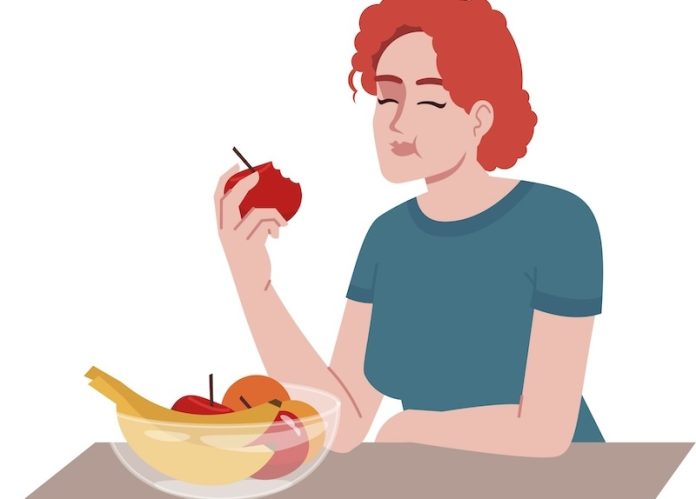
If you have type 2 diabetes, it’s crucial to pay attention to your diet, especially the types of fruits you consume. Fruits are packed with essential vitamins, fiber, and antioxidants, but some can cause spikes in your blood sugar levels due to their high glycemic index (GI).
Therefore, choosing the right fruits can help you manage your diabetes more effectively.
Type 2 diabetes is a condition where the body either resists the effects of insulin or doesn’t produce enough insulin to maintain normal blood sugar levels.
Insulin is a hormone that helps regulate the amount of sugar in your blood. Without proper insulin function, blood sugar levels can rise, leading to various health issues.
Best Fruits for Type 2 Diabetes
Berries: Fruits like strawberries, blueberries, and raspberries are excellent for people with type 2 diabetes. They are low in carbohydrates, have a low GI, and are rich in fiber, antioxidants, and vitamins.
Avocado: Avocados are low in carbs and high in healthy fats, fiber, and potassium. They also contain antioxidants and anti-inflammatory compounds that promote overall health.
Cherries: Cherries have a low GI and are low in carbs. They also contain antioxidants that help reduce inflammation and protect against various diseases.
Grapefruit: This fruit is low in calories, high in fiber, vitamins, and antioxidants, and has a low GI, making it a good choice for managing blood sugar levels.
Apples: Apples are rich in fiber and antioxidants and have a low GI. They can also help reduce the risk of heart disease and certain types of cancer.
Fruits to Avoid for Type 2 Diabetes
Watermelon: Despite being low in calories and carbs, watermelon has a high GI, which can lead to blood sugar spikes.
Pineapple: Pineapples have a high GI and are high in sugar and carbs, which can raise blood sugar levels.
Mangoes: Mangoes are high in sugar and carbs, making them less ideal for people with diabetes.
Grapes: While grapes contain antioxidants, they also have a high GI and are high in sugar and carbs.
Dried Fruits: Fruits like raisins, dates, and prunes are high in sugar and carbs, making them unsuitable for diabetes management.
Fruit Juice: Even though fruit juice comes from fruit, it is high in sugar and carbs and lacks the fiber that helps regulate blood sugar levels. This can lead to rapid spikes in blood sugar.
Conclusion
Incorporating fruits into your diet is important for overall health, but if you have type 2 diabetes, choosing the right ones is key. Opt for low-GI fruits such as berries, avocados, grapefruit, and apples to help maintain stable blood sugar levels.
Avoid high-GI fruits like watermelon, pineapple, mangoes, and grapes, as well as dried fruits and fruit juice, which can cause rapid increases in blood sugar. By making mindful choices, you can enjoy the benefits of fruits while effectively managing your diabetes.
If you care about diabetes, please read studies that pomace olive oil could help lower blood cholesterol, and honey could help control blood sugar.
For more information about diabetes, please see recent studies about Vitamin D that may reduce dangerous complications in diabetes and results showing plant-based protein foods may help reverse type 2 diabetes.
Copyright © 2024 Knowridge Science Report. All rights reserved.



